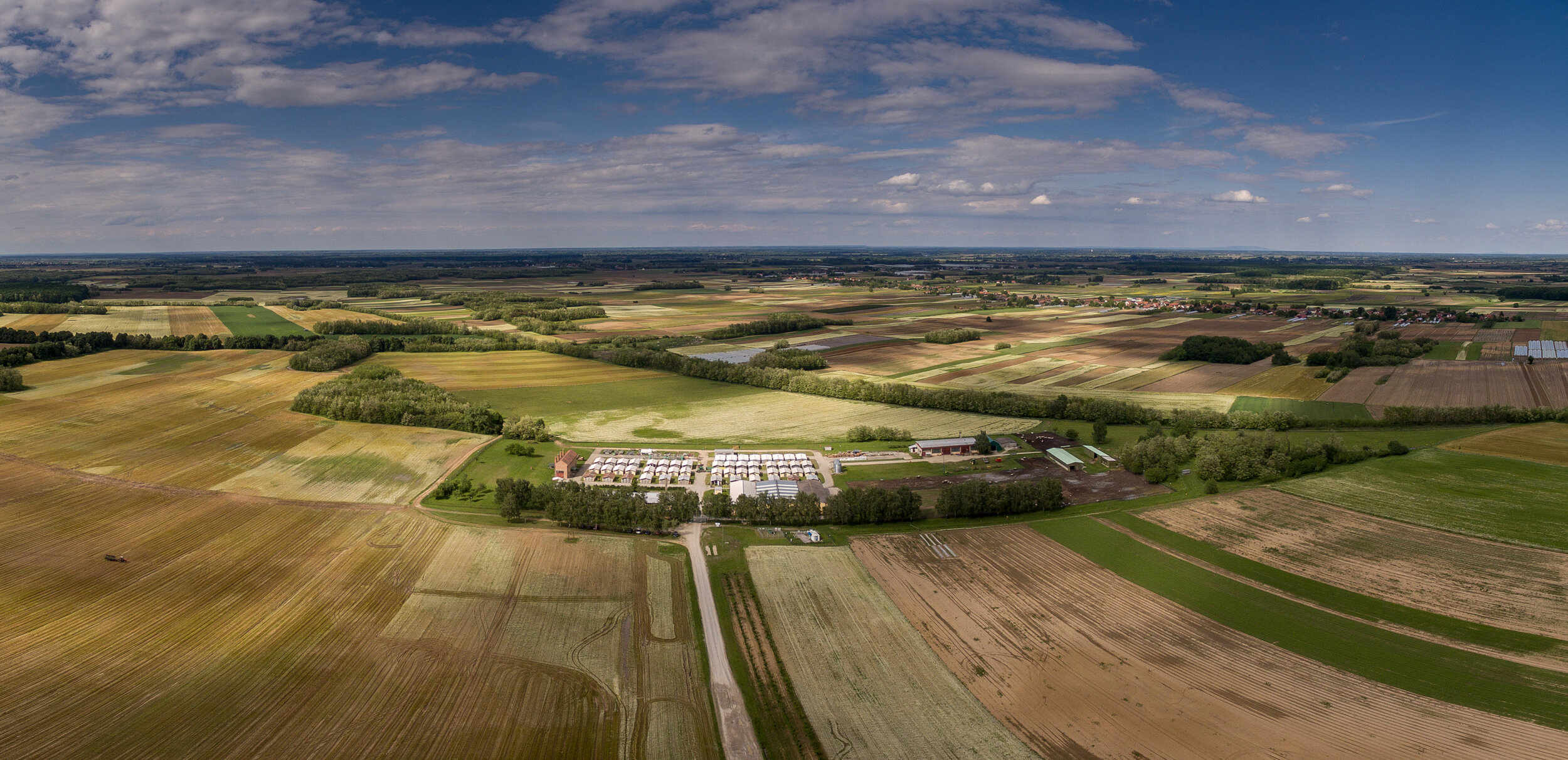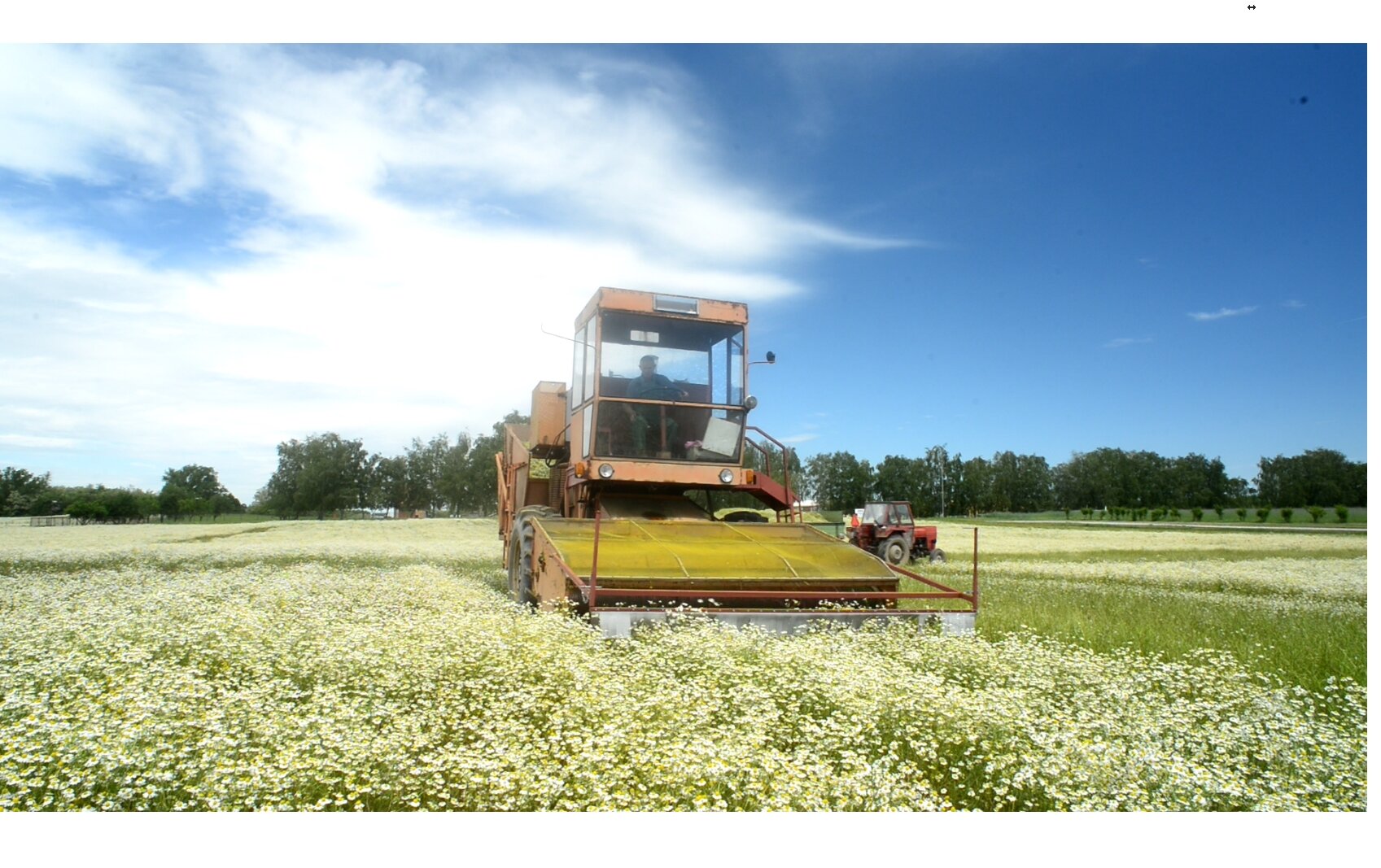Diana Bartolic, Vice president of the board (former Director for Quality, Purchase and General Affairs), Spider Group
“This business model is the best choice for us” – Diana Bartolic
Diana Bartolic, Director for Quality, Purchase and General Affairs of Spider Group
As part of our contribution to the Post-2020 Global Biodiversity Framework, UEBT is interviewing ‘Businesses for Biodiversity’ and talking to people who lead the way in ethical sourcing. Diana Bartolic is Director for quality, purchase and general affairs at Spider Group, a Croatia-based leading regional producer and processor of medicinal and aromatic plants and products based on medicinal herbs. The company was founded in 1990 and is made up of four connected companies: Jan-Spider, Spider grupa, Dolta and Biofarma.
Tell us a little about Spider Group and your work with UEBT.
Spider Group d.o.o. is specialized in the organic cultivation of medicinal and aromatic herbs, and in the processing and production of herbal and fruit infusions (teas) for final products under our own organic and conventional brands of herbal infusions, as well as for partner brands. We are sourcing about 200 different types of herbs, teas, dried fruits and spices, mostly for herbal infusions.
Jan spider has been a UEBT member since 2017 which means that we have committed to sourcing with respect and this commitment has been independently verified. We also hold UEBT natural ingredient certification for Chamomile, as well as for four other ingredients: Peppermint, Rose hip, Lemon balm, and Marshmallow. Chamomile is one of the most important ingredients we source, and the largest by volume.
Let’s start with Chamomile then. Tell us about the farmers you work with and your relationship with them.
Chamomile collectors are families, cooperatives who are making their living from agriculture. For some of them who have big areas under cultivation Chamomile can be up to 50-80% of their income, while for others it might be 20-30% of their income. They are cultivating also other herbs or vegetables. Jan spider is working with 40 cooperatives. To support these family growers we provide knowledge and advice on the Chamomile and good farming practices, provide seeds, help farmers to obtain finance, and pay fair prices. We also take actions to support the local community as a whole including sponsoring school and child care activities, and local hospitals.
You recently developed a Biodiversity Action Plan. What exactly is this plan?
A key aspect of our Biodiversity Action Plan is centered on the fact that Jan-Spider and Biofarma maintain organic certification for their production units – this covers Chamomile, Mint, Mallow, Lemon balm, Cannabis sativa, Oak and other herbs.
Organic is a legal obligation for us because our certification is under the EU organic scheme. Through this work to maintain our organic certification we know that we are directly impacting nature in all its life forms, both micro and macro. This means we are not using plant protection products (e.g. herbicides, insecticides etc.) which causes a minimal impact on living organisms, therefore conserving biodiversity. We also raise awareness of organic production with our contracted farmers, to our clients via our web site, and to consumers through our certified organic final products. UEBT certification is aligned with organic on many points.
Another aspect of the Biodiversity Action Plan is our Biofarma farm that has 60 cows of a special breed called Slavonian-Podolian (Podolac), which is part of the National Program for Protection of Indigenous Breeds. Indigenous cattle can adapt more easily to the local environment and provide protein or support for economic activities, even under adverse conditions or the prevalence of pests or disease. Keeping these indigenous cows also assists in maintaining local biodiversity and conserving genetic resources.
Why did you develop the Biodiversity Action Plan and what are your targets?
We have been farming herbs for more than 25 years and we always wanted to produce a sustainable product that can have a positive impact on people and the environment. We feel this business model is the best choice for us. We now have six farms as part of the UEBT/UTZ Herbal Tea Program, as well as organic farming at our own 160-hectare farm.
Our targets are as follows: 1) good farming practices over six farms covering 192 hectares, 2) soil conditions maintained and improved, and 3) regeneration of endemic flora and fauna in line with the management indicators of natural protected areas. This last activity will happen along the existing borders of a Biofarma farm where acacia is cultivated.
On the first target, we are implementing now for the six farms and covering four ingredients/crops. We are also conducting a study on sustainable quantities of water extraction for one of our Biofarma farms in partnership with a local business. The study results should help us define and run an irrigation system that will ensure good water levels are maintained.
What are your current challenges to conserving biodiversity?
Our environment poses a challenge. Although we are committed to organic and UEBT, it is not easy in Croatia having very small plots of different herbs, vegetables and cereals where many pesticides are used. Wind drift sometimes brings pesticide residues to our farms and this is outside our control. We depend on our natural barriers between our and our neighbor’s parcels and we depend a good deal on the weather!
Climate change is also having a more and more negative influence on the production of our herbs. On the one hand, we have to produce high quality herbs without contaminants for a very demanding market while also maintaining a competitive price. On the other hand, we are dedicated to promoting biodiversity and sustainability in our region, which is not easy and not cheap. This is the biggest challenge.




